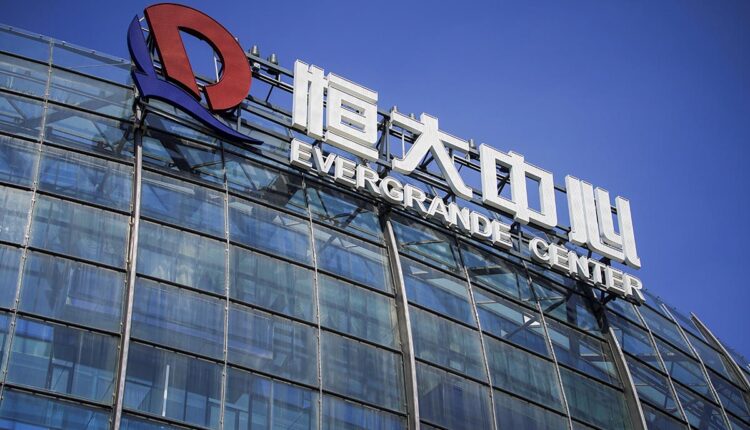Evergrande suspends listings on the Hong Kong stock exchange
The real estate company Evergrande and its subsidiaries suspended the listing of their shares on the Hong Kong stock exchange due to their financial situation
Evergrande, a Chinese real estate company, suspended the listing of its shares on the Hong Kong stock exchange, as well as its two subsidiaries: the real estate management company Evergrande Property Services and the electric vehicle manufacturer Evergrande New Energy Vehicle, due to the financial situation that The real estate giant has been reporting.
The information was provided by the Shanghainese newspaper The Paper, which also noted that “Evergrande would have closed the sale of its 30 % stake in a developer in the eastern city of Nanjing”, in Jiangsu province, but admitted that the details are unknown. Details of the transaction.
It was also learned that the real estate giant held meetings with “creditors of an onshore bond estimated at 4,000 million yuan, which is equivalent to about 628 million dollars, where it was agreed that the cancellation of interest accrued between September 2020 and 2021 would be It would take place next September 2022.
It was also released that the Evergrande company must cancel a bond listed on the Singapore Stock Exchange for an amount equivalent to 2,100 million this Wednesday, March 23, 2022.
Evergrande’s financial deficit
In the middle of last year, mistrust arose over the financial status of the real estate complex, since it had accumulated liabilities of more than 300 billion dollars. These fears increased when it began to show signs of inability to cancel the payments of its “offshore” bonds.
Agencies specializing in risk rating such as Fitch revealed, last December, that Evergrande and other Chinese developers such as Kaisa were not paying their debts abroad. The financial situation of many Chinese real estate companies worsened after Beijing announced, in August 2020, the restrictions on access to bank financing for companies that had accumulated a very high debt, as is the case of Evergrande, which for years were supported with “aggressive leverage policies.”
M. Rodríguez
Source: bancaynegocios.com


